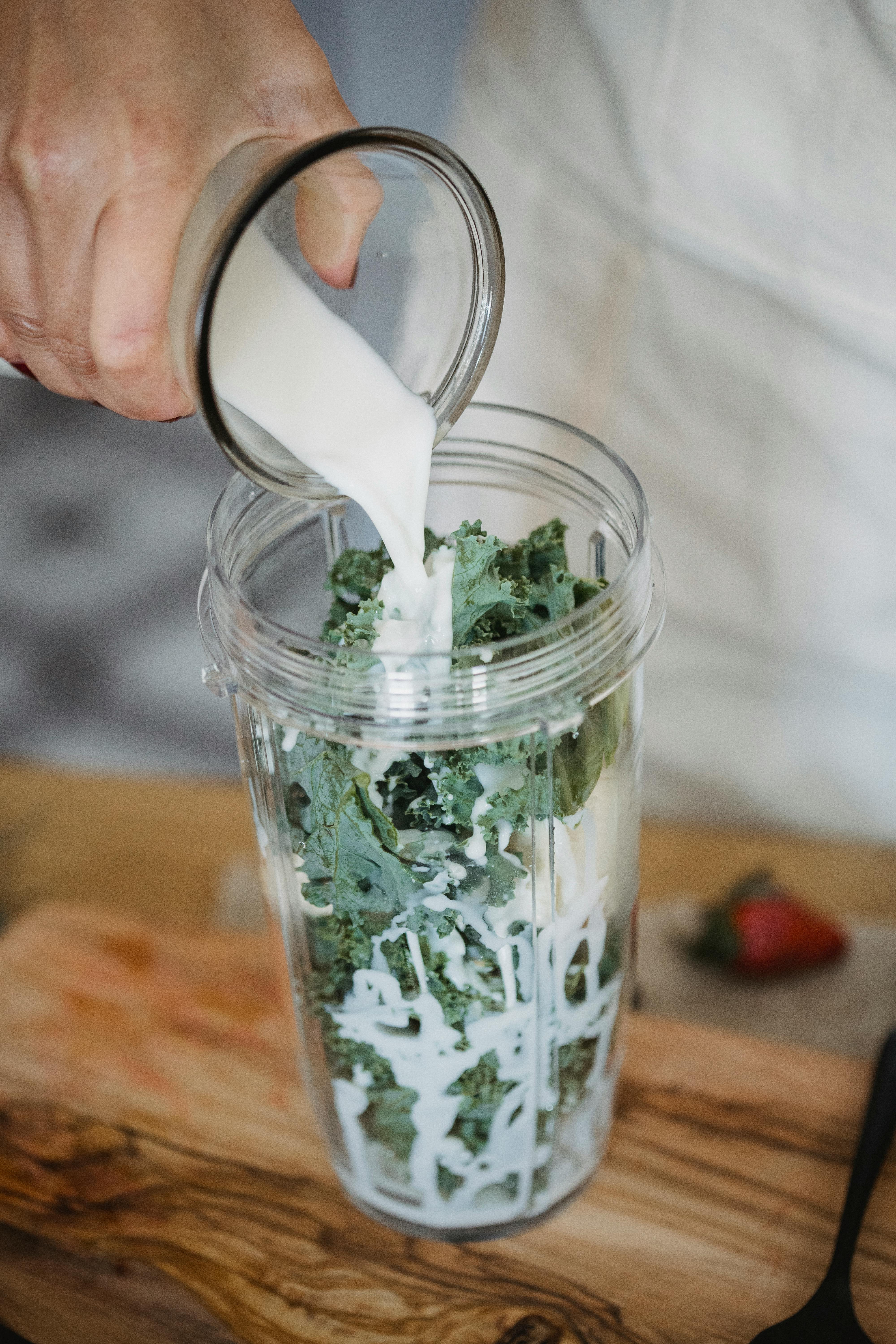
Effective 2-Week Acid Reflux Diet Plan to Improve Symptoms in 2025
Managing acid reflux, also known as gastroesophageal reflux disease (GERD), can be challenging. A well-structured diet plays a crucial role in alleviating reflux symptoms, offering heartburn relief and promoting digestive health. In this article, we present an effective 2-week acid reflux diet plan that emphasizes reflux-friendly foods, low-acid meals, and essential dietary changes aimed at improving your overall well-being. Following this structured plan not only helps in managing GERD but also fosters healthy eating habits for long-term relief.
Key components include understanding the foods to eat versus those to avoid, meal prep strategies specifically tailored for acid reflux, and lifestyle changes that further support digestive health. Whether you are newly diagnosed or looking for ways to enhance your current plan, this digestible guide is designed to provide you with the resources needed for effective symptom management.
By the end of this guide, you’ll have a comprehensive overview of meal timing, portion control, cooking methods, and beverages to avoid. We'll also touch upon natural remedies and stress management strategies. So let's dive into the essentials of adopting a reflux-friendly approach to your diet!
Understanding Reflux-Friendly Foods
Embarking on a 2-week acid reflux diet hinges on familiarizing yourself with reflux-friendly foods. These foods are not only beneficial for individuals experiencing GERD but also contribute to overall digestive wellness. Incorporating whole grains, non-citrus fruits, lean proteins, and low-fat dairy into your meals can significantly improve symptoms. Whole grains like brown rice or oats are excellent sources of fiber that can help in maintaining a healthy gut.
Non-citrus fruits such as bananas, apples, and pears provide vital nutrients while being gentle on your stomach. Lean proteins like chicken, turkey, or fish should be cooked through healthy methods, avoiding excessive oils that could trigger symptoms. Low-fat dairy options, including yogurt and skimmed milk, can also serve as soothing elements in your diet due to their low pH levels. Therefore, these foods create a solid foundation for a low-acid eating plan.
Interestingly, understanding the difference between acidic and alkaline foods is essential for you're effective management of GERD. Foods high in acidity, like citrus fruits and tomatoes, can exacerbate symptoms, while alkaline foods can help neutralize stomach acid. This awareness empowers you to make better choices for your health.
Meal Preparation Tips for Acid Reflux
Meal prep for acid reflux can be a game changer, allowing you to maintain a healthy diet with minimal effort. Effective meal preparation ensures that health-promoting meals are readily available when hunger strikes. Start by planning your meals around reflux-friendly options. Create a weekly list of meals focusing on low-acid ingredients and anti-inflammatory foods.
Common strategies include batch cooking or preparing meals in advance and storing them in the refrigerator or freezer. Thinking ahead will help you avoid unhealthy fast food options, which can often be high in fat and trigger heartburn. For example, consider grilling chicken breasts over frying them, and opt for baking vegetables instead of roasting them with heavy oils.
In addition, investing in quality storage containers can help you manage portion sizes and track your intake effectively. Each meal can be balanced with appropriate portions of vegetables, whole grains, and lean proteins to maintain digestive health. This structured approach ensures you remain consistent while also allowing flexibility in your diet, adjusting to your unique needs and preferences.
Foods to Avoid and Lifestyle Changes
To effectively manage acid reflux symptoms, it's crucial to recognize trigger foods and beverages to avoid. Common culprits include fatty foods, processed foods, caffeine, alcohol, and carbonated drinks, all of which can aggravate symptoms. Additionally, spicy foods and excessive consumption of chocolate should be limited as they are known to trigger reflux in many individuals.
Lifestyle changes play an equally important role in managing GERD. Implementing stress management techniques can help mitigate symptoms as stress often exacerbates heartburn. Adopting mindful eating habits, such as chewing slowly and understanding your body’s signals, can prevent overeating and reduce reflux symptoms.
Keeping a food diary is a valuable tool to track major triggers and identify which food combinations may be causing issues. Monitoring your daily intake and how it correlates with your symptoms allows you to make informed adjustments. This self-awareness can lead to a more sustainable diet, reducing symptoms over time.
Hydration and Timing: Key Components of Digestive Health
Proper hydration significantly contributes to digestive health. Drinking enough water can assist in digestion and help neutralize stomach acid. However, it's essential to avoid excessive fluids during mealtime, as this may put additional pressure on your stomach and weaken the esophageal sphincter. Instead, aim to hydrate between meals.
Meal timing also plays an essential role in managing reflux symptoms. It's recommended to finish eating at least two to three hours before bedtime to prevent nighttime symptoms. Adopting a consistent meal frequency can also help regulate your digestive process, creating balance in your gut.
Additionally, considering hydration tips, such as consuming herbal teas (like ginger or chamomile), can support digestion while not aggravating reflux. These strategies are integral to your 2-week diet plan and reinforce the importance of synchronized eating patterns for long-term relief from symptoms.
Simple Recipes for Acid Reflux Management
Incorporating a variety of acid reflux recipes into your meal plan can make the diet easier to follow and enjoyable. Here are a few simple meal ideas:
1. **Oatmeal Bowl**: Start your day with a warm bowl of oatmeal topped with sliced bananas and a drizzle of honey, which provides fiber and natural sweetness while being gentle on the stomach.
2. **Grilled Chicken Salad**: Prepare a refreshing salad with grilled chicken breast, mixed greens, cucumbers, and a light dressing made from olive oil and herbs to avoid consuming harsh dressings.
3. **Quinoa and Veggie Stir-fry**: Cook quinoa seasoned with safe herbs and proteins, and add vegetables like broccoli, spinach, and carrots to strengthen meal integrity while keeping it low-acid.
These simple recipes highlight effective cooking methods and encourage you to explore various flavors within the confines of your dietary restrictions. Using herbs and spices safe for reflux can enhance your culinary experience while supporting gut health.

Mindful Eating Tips for Acid Reflux Relief
Mindful eating is another essential strategy for managing acid reflux. This approach involves being fully present during meals, paying attention to hunger cues, and enjoying the flavors of your food. Slow eating habits promote better digestion and allow you to tune into your body's responses to different foods.
Here are some practical eating strategies:
- **Observe Portion Sizes**: Be mindful of how much food you are consuming at one time; smaller meals can help prevent stomach bloating and pressure.
- **Limit Multitasking**: Try to avoid distractions such as screens while eating to focus on your meal. This can foster a greater appreciation of your food and help you notice when you are full.
- **Practice Deep Breathing**: Before you start eating, take a moment to breathe deeply, which can help calm nerves and prepare your body for digestion.
By integrating these mindful eating tips into your routine, you will not only improve your relationship with food but also enhance your ability to manage reflux symptoms actively.

Conclusion: Sustaining a Reflux-Friendly Lifestyle
Adopting an effective 2-week acid reflux diet is a promising step toward improving your symptoms and overall health. By understanding reflux-friendly foods, meal prepping, avoiding trigger items, and implementing lifestyle changes, you'll create a sustainable foundation for long-term relief. Remember that it's essential to listen to your body and adjust your diet based on your unique reactions to foods.
In addition to dietary changes, consider implementing stress management techniques, staying hydrated, and practicing mindful eating as part of a holistic approach to managing GERD. The knowledge gained from tracking your symptoms and food intake will empower you to make informed choices tailored to your personal needs. This proactive approach is pivotal in enhancing your wellbeing while navigating the complexities of living with acid reflux.
Overall, it's essential to view these dietary changes as part of a broader lifestyle modification aimed at promoting gut health and managing GERD. Stay committed to your health goals and consult a dietitian or healthcare professional for personalized advice.